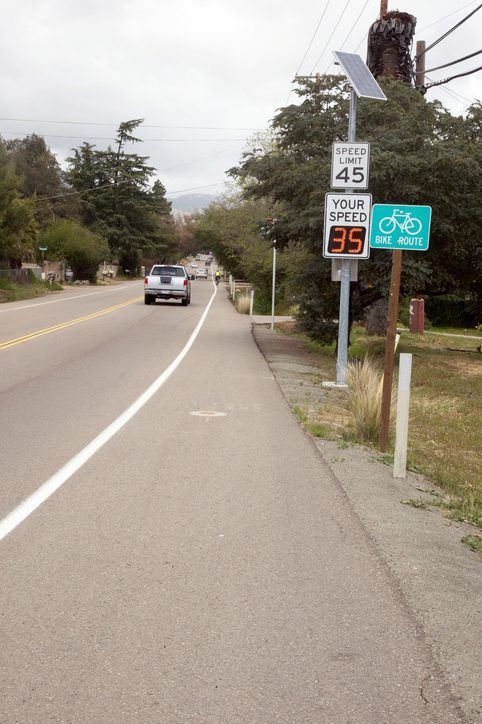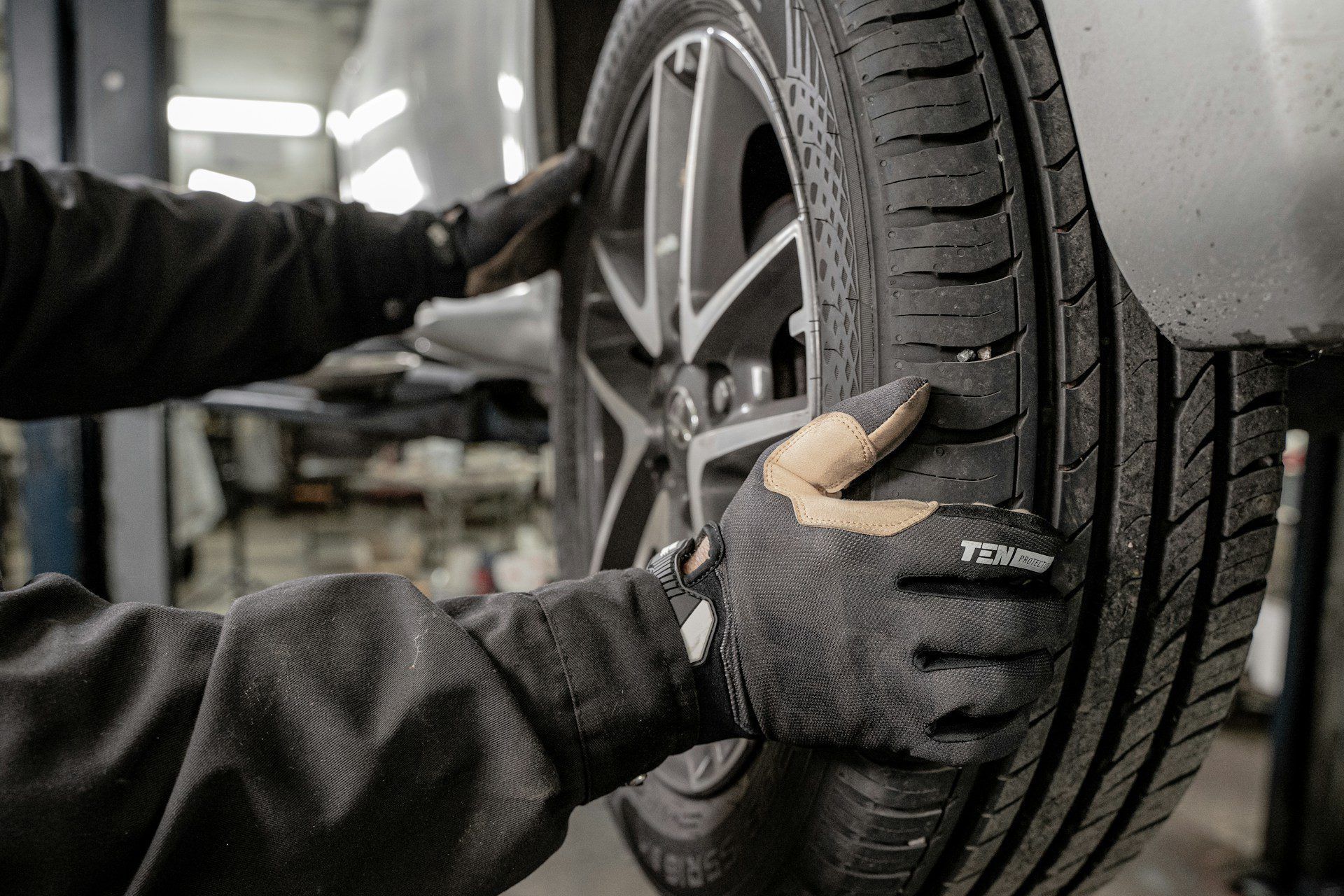The Controversy Surrounding Automated Speed Cameras:
A Clash of Safety and Socioeconomic Concerns

In recent times, the debate over the use of automated speed cameras has intensified as new laws pave the way for their deployment in areas where they were once banned. Advocates argue that these cameras are instrumental in saving lives by enforcing speed limits more rigorously, while critics contend that they disproportionately burden those with limited financial means. NPR’s Joel Rose delves into this contentious issue, shedding light on the divergent perspectives that surround the implementation of automated speed cameras.
The Safety Argument
Proponents of automated speed cameras emphasize their potential to enhance road safety. According to advocates, these cameras provide a consistent and unbiased approach to enforcing speed limits, reducing the likelihood of accidents caused by excessive speeding. The technology, they argue, can act as a deterrent, encouraging drivers to adhere to speed limits and ultimately making roads safer for everyone.
Additionally, supporters point to studies and statistics that indicate a correlation between the presence of speed cameras and a decrease in traffic-related fatalities. The prospect of saving lives and preventing injuries serves as a compelling argument for the expansion of automated speed camera usage across the country.
The Socioeconomic Burden
On the flip side, critics raise concerns about the financial burden placed on individuals who may already be struggling economically. Automated speed cameras often come with hefty fines, and opponents argue that these penalties disproportionately affect low-income communities. Critics contend that rather than serving as a deterrent, the cameras become a regressive form of taxation, extracting money from those who can least afford it.
Furthermore, skeptics question the transparency and accountability of automated speed camera systems. They raise concerns about the potential for errors in detection and the lack of a human element in evaluating circumstances that may warrant leniency.
Balancing Act
As discussions surrounding the use of automated speed cameras intensify, finding a balance between road safety and socioeconomic considerations becomes crucial. Striking a compromise that ensures the effective enforcement of speed limits without unduly burdening vulnerable populations is a challenging task that policymakers must grapple with.
The introduction of automated speed cameras into areas where they were once banned has ignited a fierce debate, pitting the pursuit of road safety against concerns of financial hardship for some individuals. As lawmakers grapple with finding a middle ground, it is essential to consider solutions that ensure the fair and effective enforcement of speed limits while minimizing the impact on those with limited financial means. Striking this delicate balance will be crucial in fostering a safer and more equitable transportation system for all.
Fueled by DriversAutoKnow.com®










